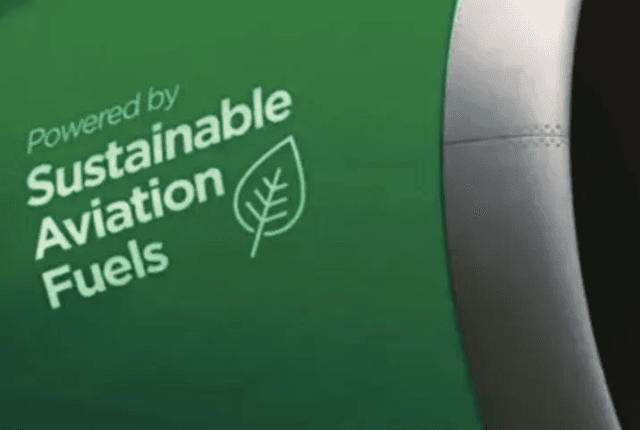New Delhi, Sep 3: The Ministry of Civil Aviation, in partnership with the International Civil Aviation Organisation (ICAO) and with support from the European Union, has released a feasibility study on Sustainable Aviation Fuel (SAF) for India.
Prepared under ICAO’s ACT-SAF Programme, the study evaluates India’s potential to produce and use SAF, examining feedstock availability, production pathways, infrastructure, and policy readiness. It adapts international best practices to India’s context and sets a roadmap for adoption.
The report was unveiled at a two-day workshop in New Delhi, attended by ICAO, the European Union Aviation Safety Agency (EASA), DGCA, government departments, and industry representatives. Civil Aviation Minister Ram Mohan Naidu highlighted SAF’s role in decarbonizing aviation, reaffirming India’s blending targets of 1% by 2027, 2% by 2028, and 5% by 2030. He noted India’s vast resources—over 750 million metric tonnes of biomass and 230 million tonnes of surplus agricultural residue—position the country to meet domestic demand and become a global exporter.
India has already achieved key milestones, including certifying Indian Oil Corporation’s Panipat Refinery as the first SAF producer and designating COTECNA Inspection India Pvt. Ltd. as the first certification body. SAF production is expected to cut crude oil imports, reduce emissions by up to 25 million tonnes annually, and boost farmers’ incomes through biomass-based value chains. Civil Aviation Secretary Samir Kumar Sinha emphasized India’s progress, with 88 airports running entirely on green energy, while DGCA chief Faiz Ahmed said the study would guide India’s SAF policy as passenger traffic is projected to double to 500 million by 2030. The SAF study marks a major step toward building a sustainable aviation ecosystem and positioning India as a global leader in green aviation.








